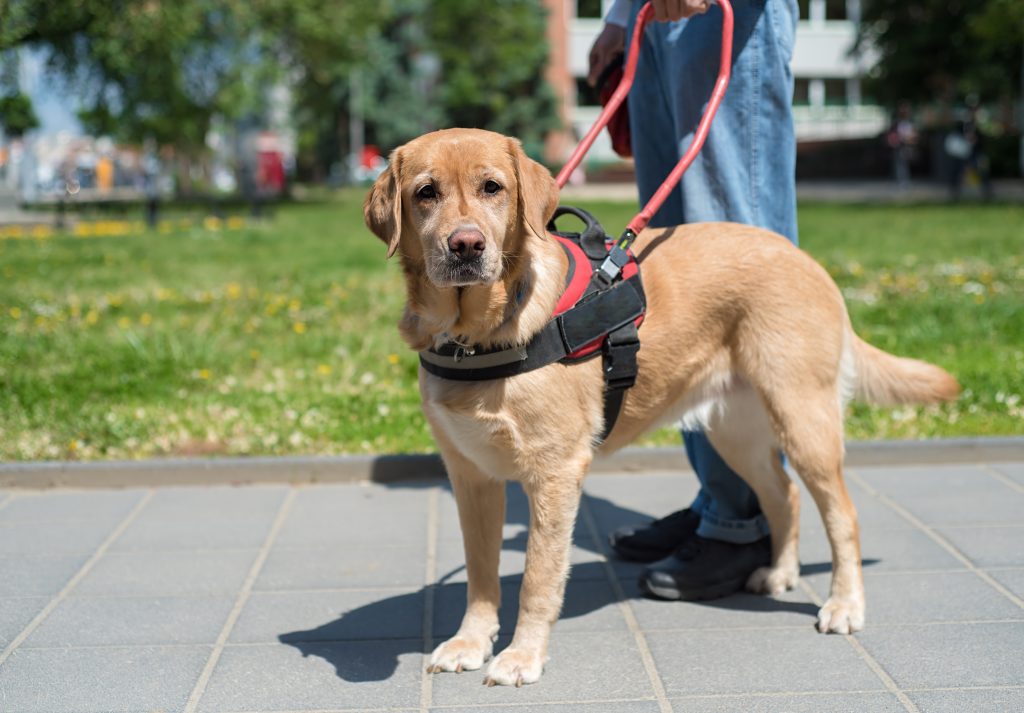Distinguish Between Assistance Animals And Pets
As a property owner/manager, you probably don’t enjoy turning away tenants with pets. Chances are you’re a pet lover yourself. However, your top priority is taking good care of your property investments. Your rentals may simply be too small to have cats and dogs without disrupting the other tenants. And, there’s always the risk of pets injuring someone or damaging your property. These days, simply posting “No Pets Allowed” doesn’t fly. The federal Fair Housing Act (FHA) makes it illegal to deny housing to anyone with an assistant or service animal. According to texasrealestate.com, 60% of residents come with a pet(s). While some tenants have a real need for an assistant animal, there are those with fur babies who are just trying to get around the rule. In 2020, The Department of Housing and Urban Development (HUD) established new guidelines for property owners, tenants and medical providers regarding assistance animals in housing. As a landlord, here’s a few important things to know:

Service vs. Assistance
There’s major differences between a service and assistance animal. A service animal is trained to do a specific task for its owner, such as a guide dog (also known as a seeing-eye dog) trained to work with the visually impaired. Service animals are not considered a pet and are exempt from pet restriction policies in public places. An assistance animal (also referred to as an emotional support animal), typically a cat or dog, is not trained to perform a service but provides emotional, physical and other health benefits to its owner. Assistance animals are more subject to pet restriction rules.

Who Needs One
While the need for a service animal is usually quite evident, the need for an assistance animal isn’t always clear. Many people battling anxiety, depression, autism, Post Traumatic Stress Disorder (PTSD) or other mental/psychiatric disabilities can benefit greatly from an assistance animal yet it may not be obvious to everyone. Since anyone can claim to have these conditions, it’s not out of line to ask for a letter from a potential tenant’s doctor or therapist confirming that the service animal is legit.

Pet Fees
Since it’s illegal to deny housing to anyone with a service animal and/or a legitimate assistance animal, you might be tempted to charge a higher rent or cleaning deposit to help protect your investment. Service animals and assistance animals are not considered regular pets, so charging “pet rent,” jacking up the deposit, or tacking on any other fees related to the animal could get you into trouble.
Your Rights
Even with the FHA laws and HUD guidelines in place, you do still have rights when it comes to service/assistance animals on your property. Your tenants are still responsible for any damage incurred by their animals which could cost them their deposit. You can still legally evict tenants whose animals are a nuisance to others, posing a threat to others, or causing damage to your property. You can require that animals on your property are kept healthy, parasite free and up to date on vaccinations and immunizations.
You Might Also Like
Join Our Newsletter
Get the latest updates delivered right to your inbox










